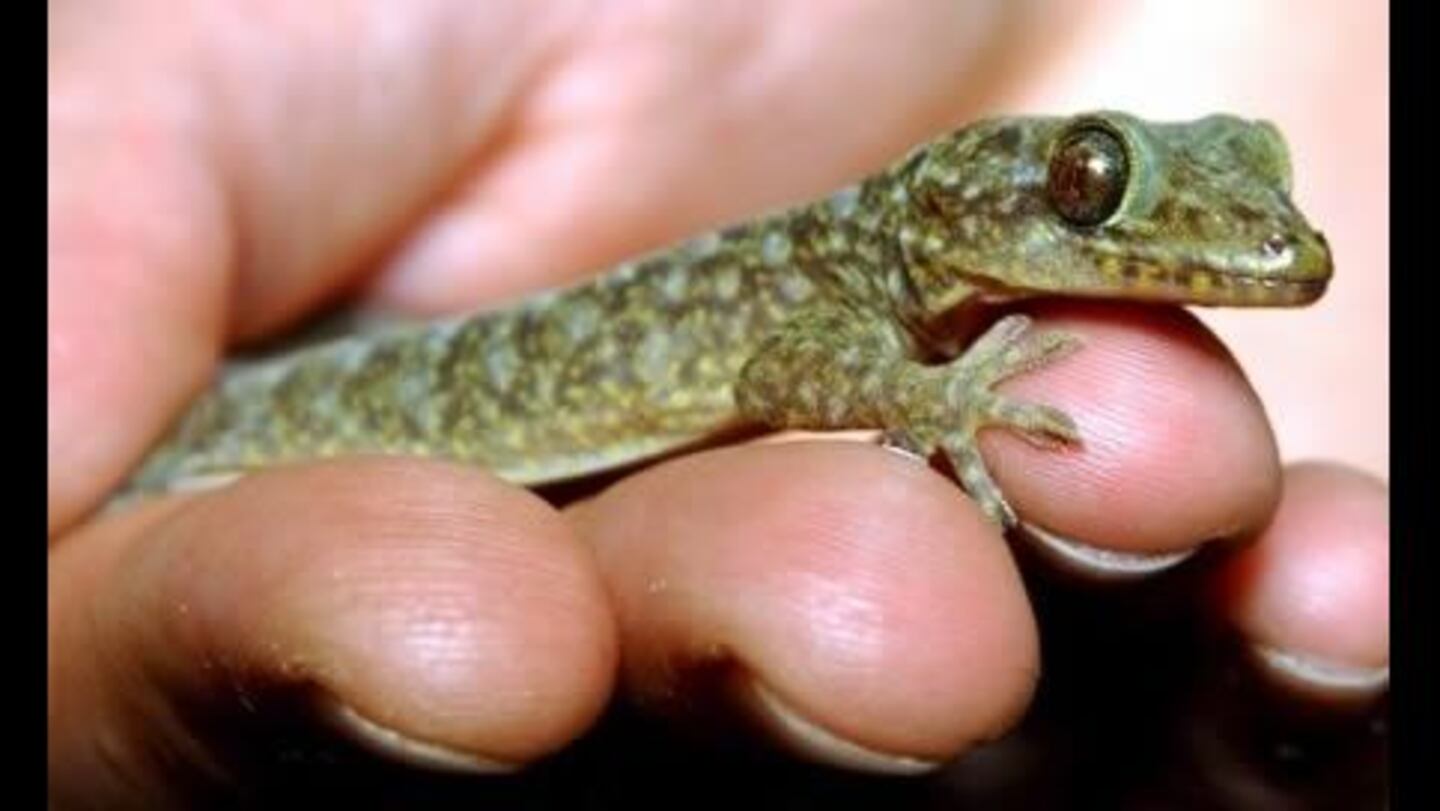WASHINGTON — A New Hampshire resident is among dozens of Salmonella infections linked to pet geckos nationwide, federal public health officials said.
Several states are investigating two multistate outbreaks of Salmonella infections linked to pet geckos, the Centers for Disease Control and Prevention said this week.
Nine people have been hospitalized in the outbreak spanning 27 states since March, according to the CDC.
There are 49 reported cases across the country. Six of them are in Pennsylvania.
Geckos can carry Salmonella germs that can spread to you and make you sick, health officials said.
“Geckos and other reptiles can carry Salmonella germs in their droppings even if they look healthy and clean,” the CDC says on its website. “These germs can easily spread to their bodies and anything in the area where they live and roam.”
People can get sick from touching a gecko or anything in its environment and then touching your mouth or food and swallowing Salmonella germs, health officials said.
“Always take steps to stay healthy around your pet gecko,” the CDC said.
Most people infected with Salmonella experience diarrhea, fever, and stomach cramps. Symptoms usually start 6 hours to 6 days after swallowing the bacteria.
Most people recover without treatment after 4 to 7 days, according to the CDC.
But some people—especially children younger than 5, adults 65 and older, and people with weakened immune systems—may experience more severe illnesses that require medical treatment or hospitalization.
Federal health officials offered the following steps to stay healthy around your pet gecko:
Wash your hands with soap and water
- After handling your gecko
- After feeding your gecko or handling its food
- After handling your gecko’s poop
- After cleaning your gecko’s cage or equipment (for example, cages, rocks, substrate, enrichment, cage decorations)
- Before eating and drinking
Play safely
- Children younger than 5 years old should not handle or touch reptiles, amphibians, or their environments because they are at a higher risk for serious illness and hospitalization caused by Salmonella infection.
Don’t cross-contaminate
- Keep geckos and their equipment out of the kitchen or anywhere that food is prepared, stored, served, or eaten. Don’t allow geckos to roam freely throughout a home or living area. Supervise your gecko when outside of its habitat to prevent accidents and contamination.
- Keep gecko food away from your food.
Safely clean your gecko’s habitat
- Clean your gecko supplies outside of the house, if possible. These supplies may include feeders, toys, and food and water containers.
- If you must clean the supplies indoors, don’t clean them in the kitchen or other areas where you eat or prepare food. Use a laundry sink or bathtub, and thoroughly clean and disinfect the area right after.
- Pour any water from your gecko’s enclosure down the toilet instead of sinks or drains.
If you are thinking of getting a pet gecko, pick the right pet for your family, the CDC advises.
Geckos and other reptiles are not recommended for children younger than 5, adults 65 and older, and people with weakened immune systems. These people are more likely to get a serious illness from germs that reptiles can carry.
Businesses should also educate customers about how to stay healthy around geckos, and urge handwashing when handling pet reptiles including geckos, the CDC advises.
This is a developing story. Check back for updates as more information becomes available.
Download the FREE Boston 25 News app for breaking news alerts.
Follow Boston 25 News on Facebook and Twitter. | Watch Boston 25 News NOW
©2025 Cox Media Group








